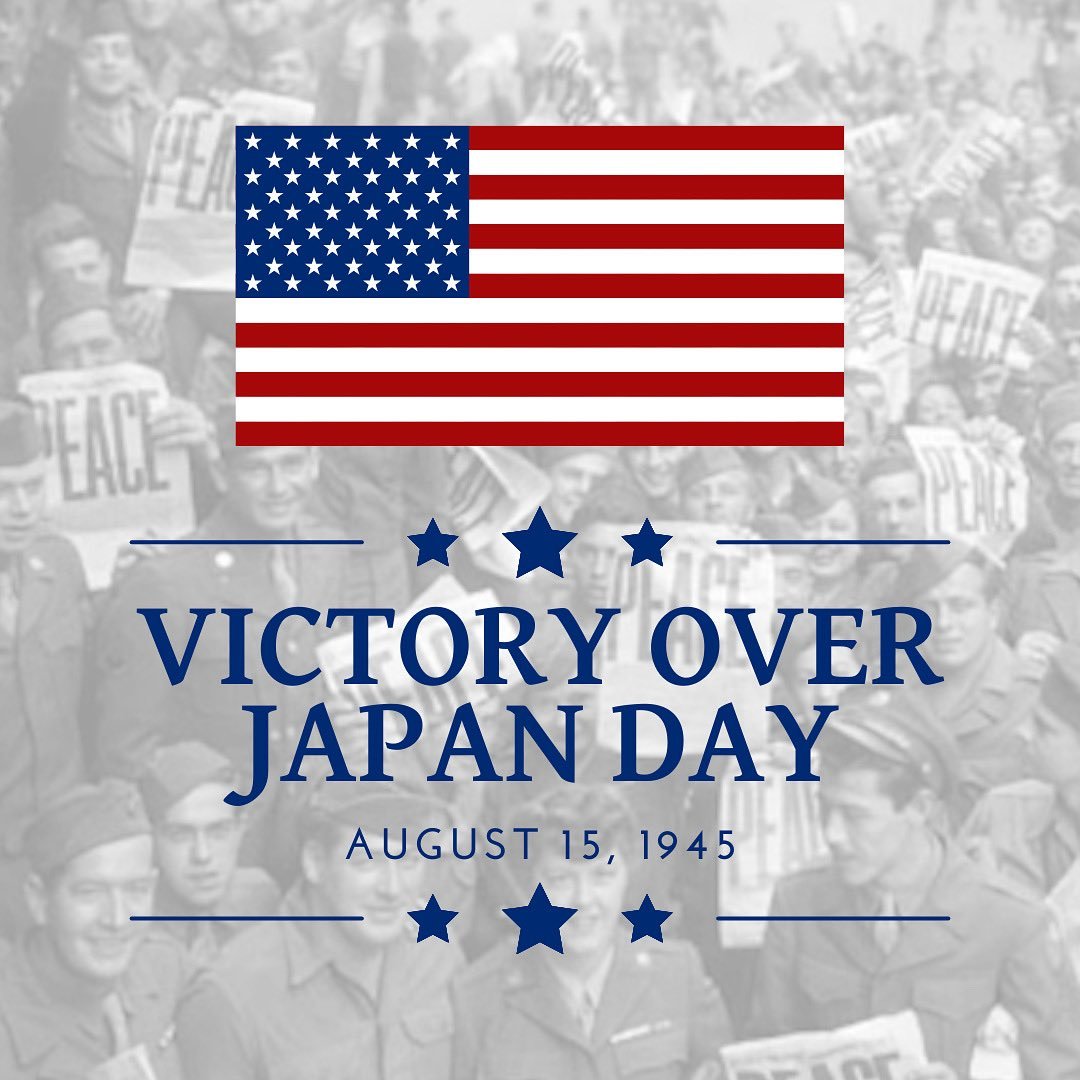Can i drive in Europe with a Japanese driver’s license?The 80th anniversary of Victory over Japan in WWII is more than just a historical milestone. It marks the end of one of the most destructive conflicts in human history and the beginning of peace in the Pacific. On August 15, 1945, Japan announced its surrender, effectively ending World War II. This day is remembered around the world, not only for the victory but also for the sacrifices made. As we look back, many people also connect history with modern questions, such as Can I drive in Europe with a Japanese driver’s license? The anniversary allows us to reflect on both past struggles and today’s global connections.
The End of World War II in the Pacific
World War II brought immense devastation across Europe and Asia. After Germany’s surrender in May 1945, the war continued in the Pacific. The United States dropped atomic bombs on Hiroshima and Nagasaki in early August. These events, along with Soviet advances against Japan, forced the Japanese government to accept unconditional surrender.
On August 15, 1945, Emperor Hirohito addressed the Japanese nation, announcing the end of the war. This day became known as Victory over Japan Day, or V-J Day, and is commemorated by many countries as the final act that ended the conflict.
Global Reactions and Celebrations
The announcement of Japan’s surrender sparked celebrations worldwide. In London, New York, Paris, and cities across Asia, crowds filled the streets with relief and joy. Soldiers prepared to return home, and families reunited after years of separation.
In Asia, however, the day had more complex meanings. While some nations celebrated liberation from Japanese occupation, others mourned the immense loss of life. The 80th anniversary of Victory over Japan in WWII continues to honor both victory and remembrance.
The Legacy of V-J Day
The surrender reshaped international politics. It marked the rise of the United States and the Soviet Union as global superpowers. It also began a long period of reconstruction for Japan, which transformed itself into a democratic and technologically advanced nation.
Today, Japan’s peaceful role in the global community stands in sharp contrast to its wartime past. Interestingly, modern connections—like whether Can I drive in Europe with a Japanese driver’s license?—show how international cooperation has evolved since 1945.
Honoring the 80th Anniversary
In 2025, the world observes the 80th anniversary of Victory over Japan in WWII with memorials, exhibitions, and educational events. Veterans, historians, and younger generations gather to share stories and preserve the lessons of history.
For those interested in learning more about international cooperation and modern exchanges, resources like European Drivers License provide insights into how mobility and cross-border understanding continue to shape today’s world.
Conclusion: Remembering the Past, Connecting to the Present
The 80th anniversary of Victory over Japan in WWII is a reminder of sacrifice, resilience, and peace. While the war ended eight decades ago, its lessons remain powerful today. Reflecting on this history allows us to understand modern issues, including practical questions like Can I drive in Europe with a Japanese driver’s license?
By honoring the past and engaging with today’s global connections, we ensure that the legacy of peace continues for future generations.


